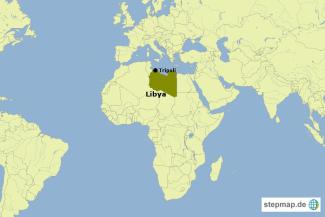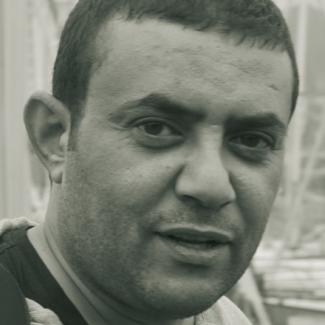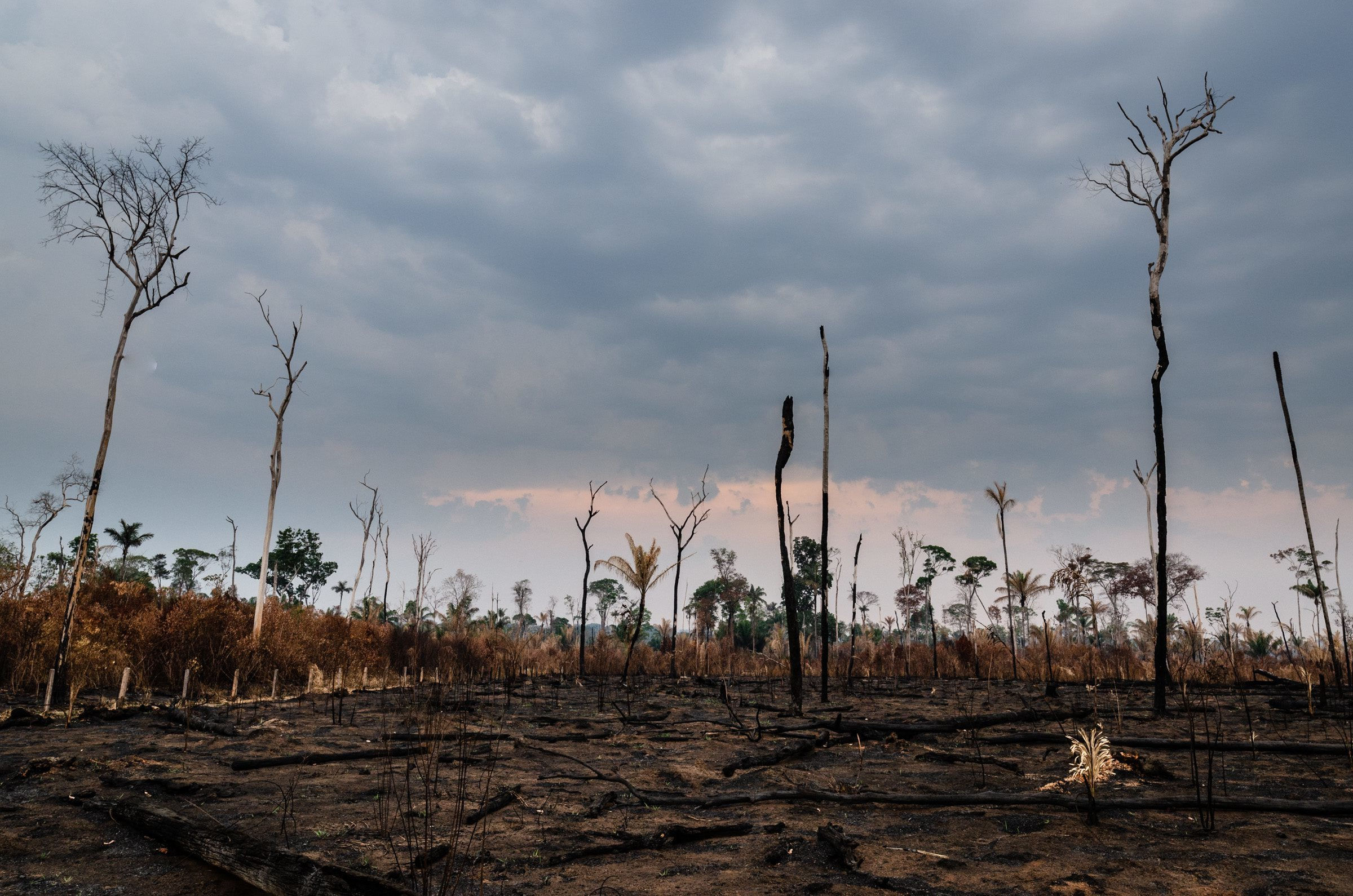Torture
Libyan film about illegal prisons

“The movie discusses the dark side of Libya after the revolution”, says director and producer of the film, Mouayed Zabtia. “It shows this reality through a tale of a young man who is arrested and tortured by an armed militia after expressing his point of view during a TV programme.”
The topic is very important. In post-revolution Libya, the judiciary is not working well. In the collapsing state with two rival governments, many militias take justice in their own hands. Many people are arrested without any warrant and not formally charged. Instead of a regular prison, they are taken to some illegal detention centre and sometimes they are even tortured. The prisoners may be ex-Gaddafi loyalists, gangsters, or simply belonging to a rival militia – or they may be totally innocent persons.
According to the UN Support Mission in Libya (UNSMIL), “torture is most frequent immediately upon arrest and during the first days of interrogation as a means to extract confessions or other information. Detainees are usually held without access to lawyers and only occasional access to families, if any. The vast majority of an estimated 8,000 conflict-related detainees is also held without due process.”
It is impossible to get exact figures about these illegal prisons in which people are tortured. Militias tend to use locations like empty houses and remote farms as illegal detention centres. However, in December 2013, Marsad, the Libyan security sector observatory, counted 63 illegal prisons throughout Libya. More recent figures are difficult to get due to the present armed conflict.
According to Human Rights Watch, some militia commanders refuse to hand prisoners over to the government because they do not trust the transitional authorities to deliver justice. Others are apparently using the detainees as bargaining chips, Human Rights Watch claims. Libyan journalists who report on these matters run considerable risks.
In view of the lack of factual reporting, the fictional film matters in particular. Preparations for the movie took almost one year. After auditioning 100 young men, the director chose the actor Wahib Khaled to play the principal character. The filming took place in Libya in May and June of 2014. Because of an outbreak of armed fighting in Tripoli in July 2014, the montage process had to be completed in Germany.
The length of the film is unusual: 33 minutes. It is neither classified as a short movie nor a long movie. Therefore it cannot take part in formal competitions at international film festivals. However, the film producers have succeeded to make a number of agreements with cinemas in Cairo, Dubai and Malta where “Alemarah” is to be screened in the coming summer.
Moutaz Ali is a journalist and lives in Tripoli, Libya.
muttazmathi@yahoo.com
Links:
Marsad, Libyan security sector observatory:
http://www.marsad.ly/en/
United Nations Support Mission in Libya (UNSMIL):
http://unsmil.unmissions.org/













